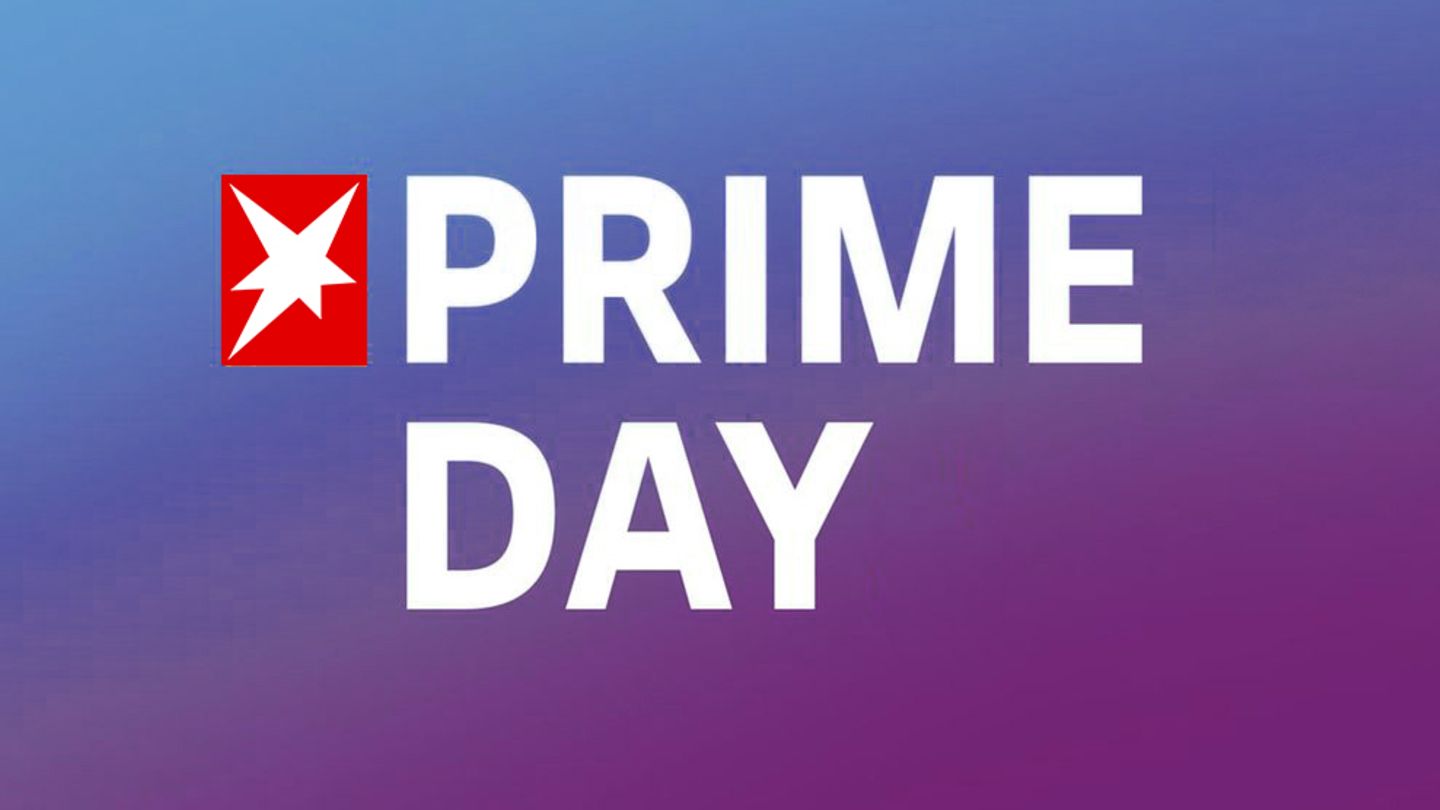Stalemate in France: After the parliamentary elections, no camp has a government majority. Even a month later, it is unclear what will happen in the country. All eyes are on one man.
It has been more than a month since the early parliamentary elections in France, but it is still unclear what a new government might look like. President Emmanuel Macron is playing for time and wanted to wait until the Olympic Games, which end this Sunday. Will France now have a new head of government? At the very least, the pressure on Macron is likely to grow from all directions to save the country from political stagnation.
Election result poses a challenge for political France
But let’s start again from the beginning: Contrary to expectations, the new election of the French National Assembly at the beginning of July was won not by the right-wing nationalist Rassemblement led by Marine Le Pen, but by the left-wing alliance Nouveau Front Populaire. Macron’s centrist forces came in second.
The voters presented the MPs with a major challenge with the result. Neither camp has an absolute majority. This is a tricky situation for France, which is not used to major compromises and coalitions in politics.
In addition, interpretations of the election results differ considerably. The left-wing camp sees a clear mandate to govern and is angry with President Macron for not appointing the proposed Prime Minister Lucie Castets. The president, on the other hand, suggests that the electorate wants cooperation across political camps – and that his centrist forces should therefore also be part of the government force.
Is a grand coalition coming?
Is Macron, who called the early parliamentary elections without any real need and lost them badly, simply a bad loser who doesn’t want to give up power? Or is he a realist? Is he – contrary to French conventions – looking for a possible grand coalition to break the political deadlock?
In any case, there are increasing voices from Macron’s camp explaining where there are overlaps with the conservatives as well as the socialists, greens and communists, who are being attempted to be separated from their alliance with the left-wing party La France Insoumise.
The Deputy Minister of Agriculture, Agnes Pannier-Runacher, is also pushing for concessions from her own camp. And the Deputy Minister for Equality, Aurore Bergé, even admits: “We have to face the parliamentary election results and show a lot of humility. This also means that the next Prime Minister cannot come from our ranks.”
Difficulty finding common ground between the parties despite individual similarities
A group of experts who have worked on the programs of the Left Alliance, the Center Camp and the Conservatives recently published 40 policy proposals that they believe left, conservative and center parties could implement together.
But how the opposing parties could come together is uncertain. The left-wing camp, which already has little interest in working with Macron’s centrist forces, is even less likely to want to form a coalition with the conservatives. The same applies the other way round. And even among Macron’s people, some still have difficulties with possibly working together with the Greens.
The fact that the parties are slowly but surely trying to position themselves for the next presidential election in 2027 and are thus seeking to distance themselves from each other is unlikely to help either.
Time is running out to form a government
Even though Macron stresses that it is not about a single name, the question of who will lead the government is likely to play a central role in the talks. In addition to Castets, who was put forward by the left, the conservative regional president Xavier Bertrand, the former Prime Minister Bernard Cazeneuve and the former French Foreign Minister and later EU Commissioner Michel Barnier are being discussed as potential prime ministers. But as he did recently with the caretaker Prime Minister Gabriel Attal, Macron could also pull a surprise candidate out of the hat.
As difficult as it may be to negotiate who will govern in France in the future with which team, time is of the essence. A budget must be approved for the coming year. In fact, discussions on this in parliament were supposed to begin in the autumn. The new government will certainly want to take another look at the draft of Attal’s current caretaker team beforehand.
Last but not least, a lengthy process of finding a government also risks being seen as a delaying tactic by Macron and increasing frustration and loss of trust among the population. The president therefore does not have much time to find a new prime minister.
Source: Stern
I have been working in the news industry for over 6 years, first as a reporter and now as an editor. I have covered politics extensively, and my work has appeared in major newspapers and online news outlets around the world. In addition to my writing, I also contribute regularly to 24 Hours World.




